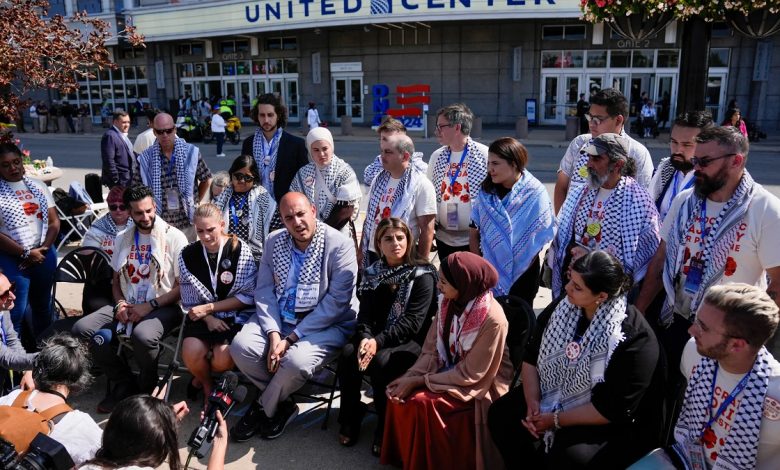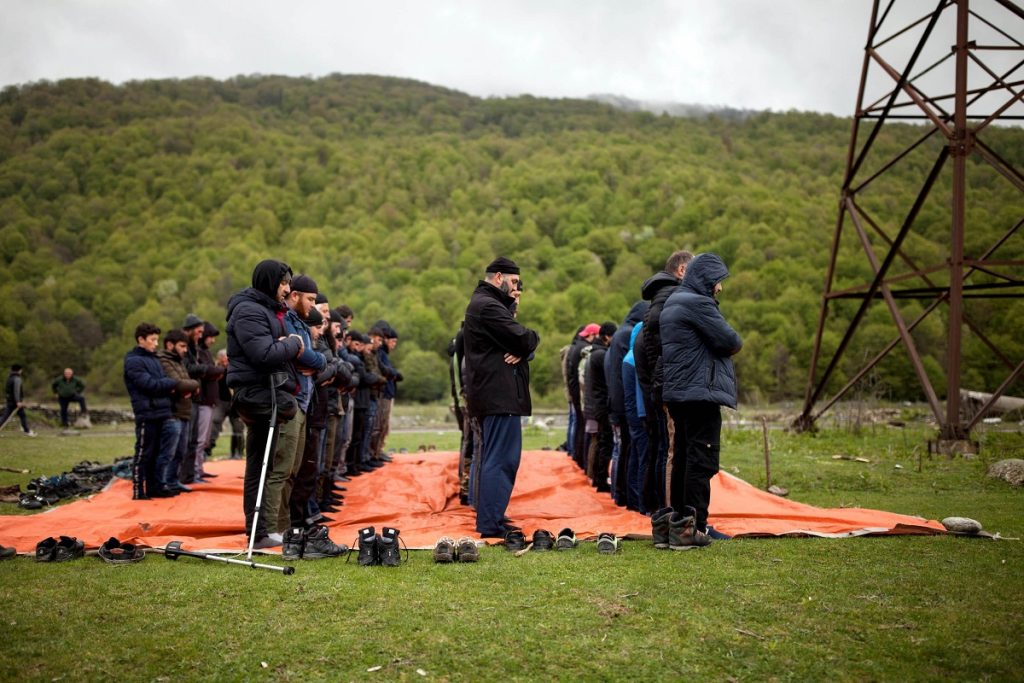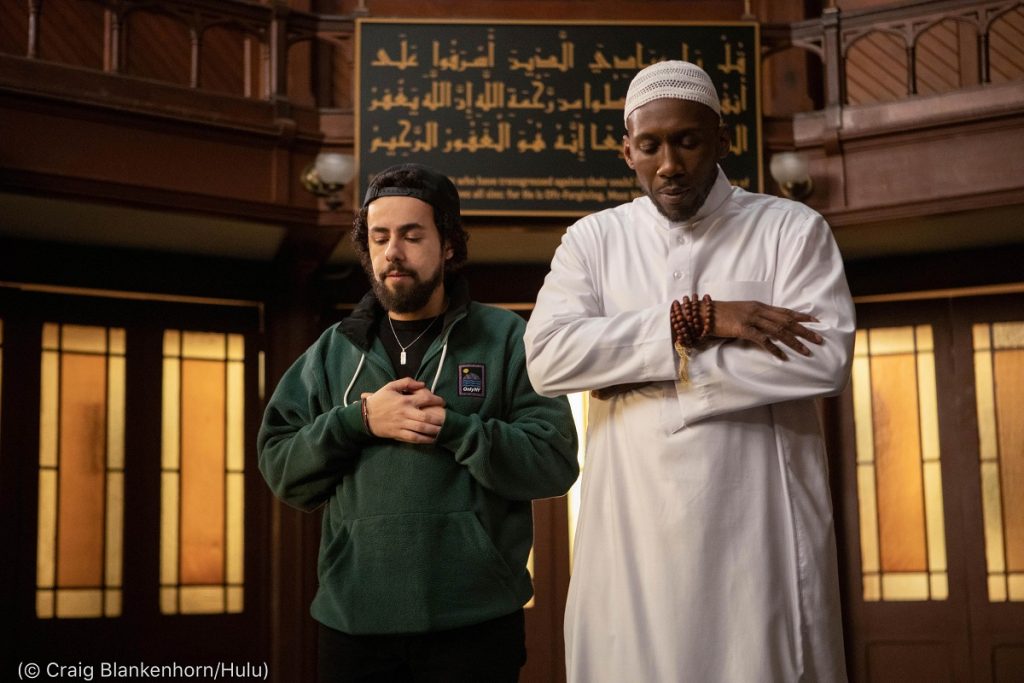Are Muslims and Arab Communities Present in All 50 U.S. States? A Comprehensive Overview
From New York to Alaska and Hawaii, Arab and Muslim communities exist across all U.S. states, contributing to cultural diversity and social life.

Many people associate Arab and Muslim populations with large urban centers like New York, Detroit, Los Angeles, and Chicago. However, studies and surveys show that Muslims and Arabs are present in all 50 U.S. states, though population size and community visibility vary significantly.
Early Migration and Historical Roots
Arab migration to the U.S. began in the late 19th century, primarily from Greater Syria (Lebanon, Syria, Palestine). Many early migrants were peddlers, laborers, or tradespeople, traveling across the country—including rural and frontier areas—to provide goods and services.
Later, waves of Muslim immigrants arrived from the Middle East, Africa, South Asia, and Eastern Europe, particularly after the Immigration and Nationality Act of 1965, which encouraged broader and more diverse migration.

Geographic Distribution Across States
According to surveys like those from Pew Research Center, Muslims and Arabs are present in all states, though numbers vary:
-
High-density states: New York, Michigan, California, Texas, Illinois, New Jersey – with large Arab and Muslim populations and multiple mosques and cultural centers.
-
Medium-density states: Florida, Ohio, Pennsylvania, Virginia, Massachusetts – smaller but growing communities, including students and professionals.
-
Low-density or rural states: Montana, Wyoming, North Dakota, Alaska, Hawaii – populations are smaller, sometimes just a few families, professionals, or students, but still present.
Even in the least populated or geographically isolated states, Muslims and Arabs exist, showing a truly nationwide presence.
Religious and Cultural Institutions
Nearly every state has at least one Islamic center or mosque, even if small. In low-density states, religious gatherings may occur in rented halls, private homes, or university campuses.
Arab communities maintain cultural heritage through restaurants, grocery stores, cultural associations, and Arabic language schools, providing community cohesion and cultural continuity.
Social and Civic Impact
Nationwide presence allows Arabs and Muslims to engage in community life, politics, and civic activities. Even a single professional or family in a rural state can have a noticeable impact, building bridges between communities and fostering cultural understanding.

Conclusion
Muslims and Arabs are indeed present in all 50 U.S. states. While the size and visibility of these communities vary—from large urban populations to small rural networks—their presence contributes to America’s cultural diversity and enriches the social, religious, and economic fabric of the country.



